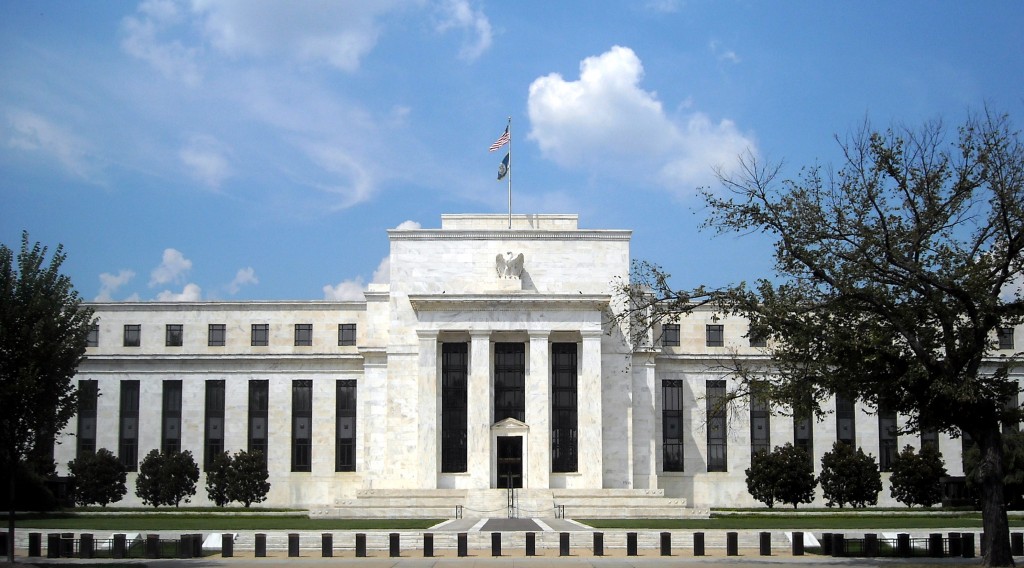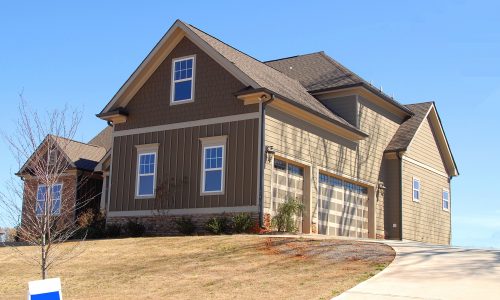-
Lot Size
-
Home Size852 sqft
-
Beds2 Beds
-
Baths1 Bath
-
Year Built1972
-
Days on Market47
How the Federal Reserve’s Rate Hikes Will Affect Real Estate
- Real Estate Tips
- encinitas real estate, encinitas realtor, home buying advice, home for sale in encinitas, Linda Moore, real estate agent in encinitas, real estate in Encinitas, real estate tips
- December 17, 2015

In a move that has been anticipated by Wall Street for months, the Federal Reserve Open Market Committee finally announced that the Federal Funds interest rate will be raised 0.25%. The rate had been at 0% since 2008, a decision that was made in the midst of the recession in order to stabilize the economy. Some anticipate the Fed has raised rates at this time of relative economic stability so they can be lowered again if we see another recession. Some are concerned that this will in fact serve to weaken the economy and inhibit growth.
So how will this impact you, the consumer? Well, you may see a very small increase of interest in your savings account. Your credit card rates may possibly be affected, but remember: it’s only a quarter of a percent. As of earlier this week, before the Fed’s announcement, the national average APR was already at 14.99%. It won’t make a significant impact on individuals who are taking care of credit card debt.
Fannie Mae chief economist Doug Duncan has stated that he expects the interest rate hike to have “virtually no immediate impact” on mortgage rates, and that as long as this change happens gradually, the real estate sector will not be significantly affected. Duncan also predicted that even if the Fed raises rates to a full percent over the next 12 months, he expects 30-year mortgage rates to increase from the current (record low) of 3.9% to just 4.1%.
Remember that while it’s true that the Federal Reserve controls interest rates, they control short-term interest rates closer than anything. Your typical homeowner’s 30-year mortgage is a reflection of long-term interest rates. Over the past several years, mortgage rates have been at almost record lows and borrowers have been able to benefit from the opportunities these rates have presented. That’s why the experts are saying there’s no rush to sell or buy a home—as long as these rates continue to move slowly.






